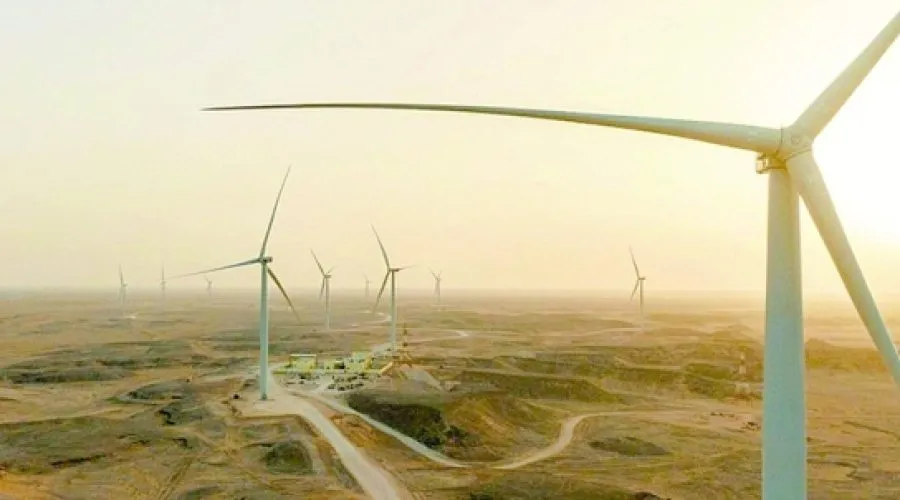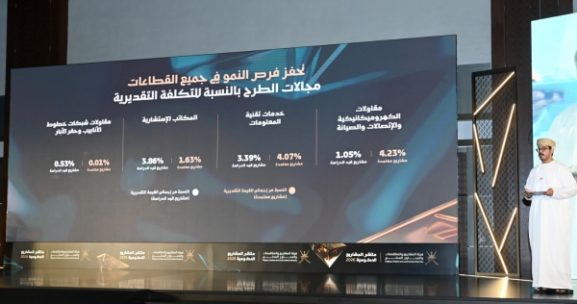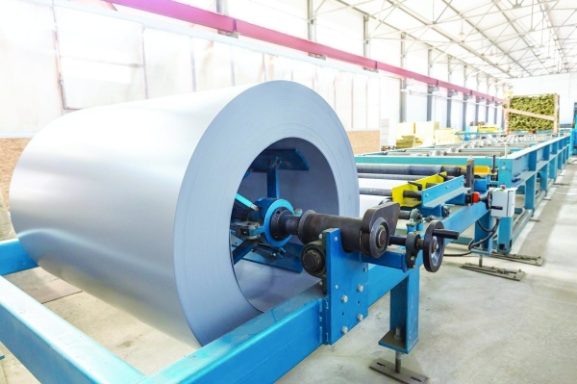Sustainability and Growth in Oman: What Investors and Entrepreneurs Need to Know for Business Success
Oman is increasingly linking its economic diversification efforts with a strong environmental agenda. The government’s updated framework for environmental permits, sustainable construction, and green investment highlights that economic growth and environmental sustainability can coexist—provided regulations foster innovation instead of hindering it.
Recent reforms in this arena go beyond administrative adjustments, signaling a cultural shift toward responsible development. A key change is the Environment Authority’s overhaul of the environmental permitting process. Projects are now categorized based on their environmental impact, with clearly defined timelines for approval. This system introduces predictability and reduces uncertainty for investors. Moreover, a maximum fee of RO 900 for a three-year permit lowers costs, making compliance more accessible for small and medium enterprises while ensuring thorough oversight.
This regulatory approach reflects a broader recognition that environmental rules should be seen not as business expenses but as investments in long-term resilience. By streamlining procedures and minimizing ambiguity, Oman enables companies to incorporate sustainability from the earliest project stages. Notably, the introduction of prior warnings before penalties demonstrates a progressive regulatory attitude, positioning the government as a collaborator in sustainability rather than merely an enforcer.
The philosophy extends to infrastructure and urban development as well. Obtaining building permits, once a complex and multi-agency process, can now be completed within weeks through integrated digital systems. Approvals from Civil Defence, municipal authorities, and planning departments are being unified into online workflows, allowing developers transparent progress tracking. This modernization not only accelerates project timelines but also ensures that safety and environmental standards remain uncompromised.
Together, these measures contribute to a development model grounded in sustainability and efficiency. Whether through smart energy use, digital permitting, or environmental project classification, Oman is embedding sustainable practices into its governance framework. The country’s commitment to renewable energy, industrial diversification, and efficient urban planning further aligns with global environmental objectives.
However, regulation alone cannot sustain environmental progress. Effective collaboration among government, industry, and academia is crucial for advancing new technologies, training green professionals, and fostering a culture of environmental responsibility. Initiatives that integrate vocational training with green construction methods, as well as partnerships encouraging private sector investment in waste management and recycling, will be vital to maintaining this momentum.
Within the broader Oman Vision 2040 framework, environmental stewardship and economic development are converging strategies rather than separate goals. By simplifying sustainable business practices, Oman aims to attract forward-thinking investors who prioritize long-term value. Building systems that balance profitability with environmental preservation is helping Oman forge a reputation as a progressive economy committed to both growth and responsible resource management.
Ultimately, the success of Oman’s sustainability agenda will depend on consistent enforcement and ongoing engagement with the private sector. The current path is promising—not because Oman has reached perfection, but because it embraces the principle that progress must be both practical and principled. As the cost of environmental degradation rises worldwide, Oman’s pragmatic approach to sustainable development offers a regional example of how growth and stewardship can be balanced effectively.
Special Analysis by Omanet | Navigate Oman’s Market
Oman’s streamlined environmental regulations and digital permitting systems present a significant opportunity for businesses and investors to integrate sustainability with economic growth, reducing compliance costs and project timelines. Smart entrepreneurs should leverage this shift by prioritizing green innovations and collaborations that align with Oman Vision 2040, positioning themselves as leaders in a market prioritizing resilience and responsible development. However, success hinges on staying adaptive to evolving regulations and fostering partnerships across public and private sectors to sustain momentum.



